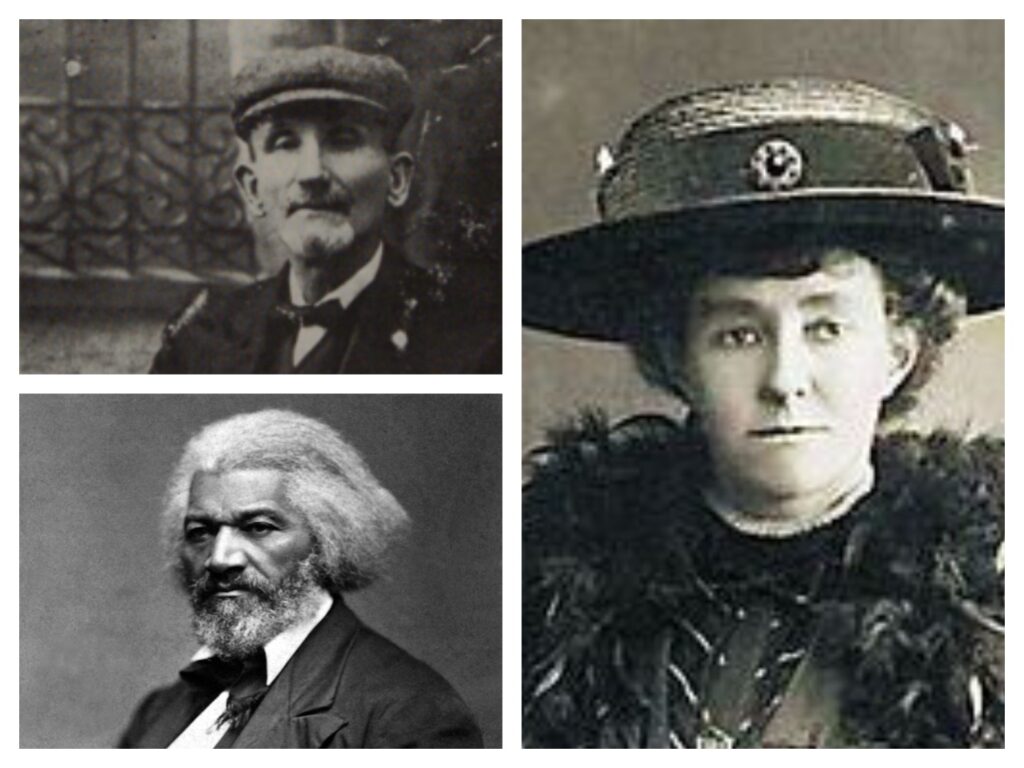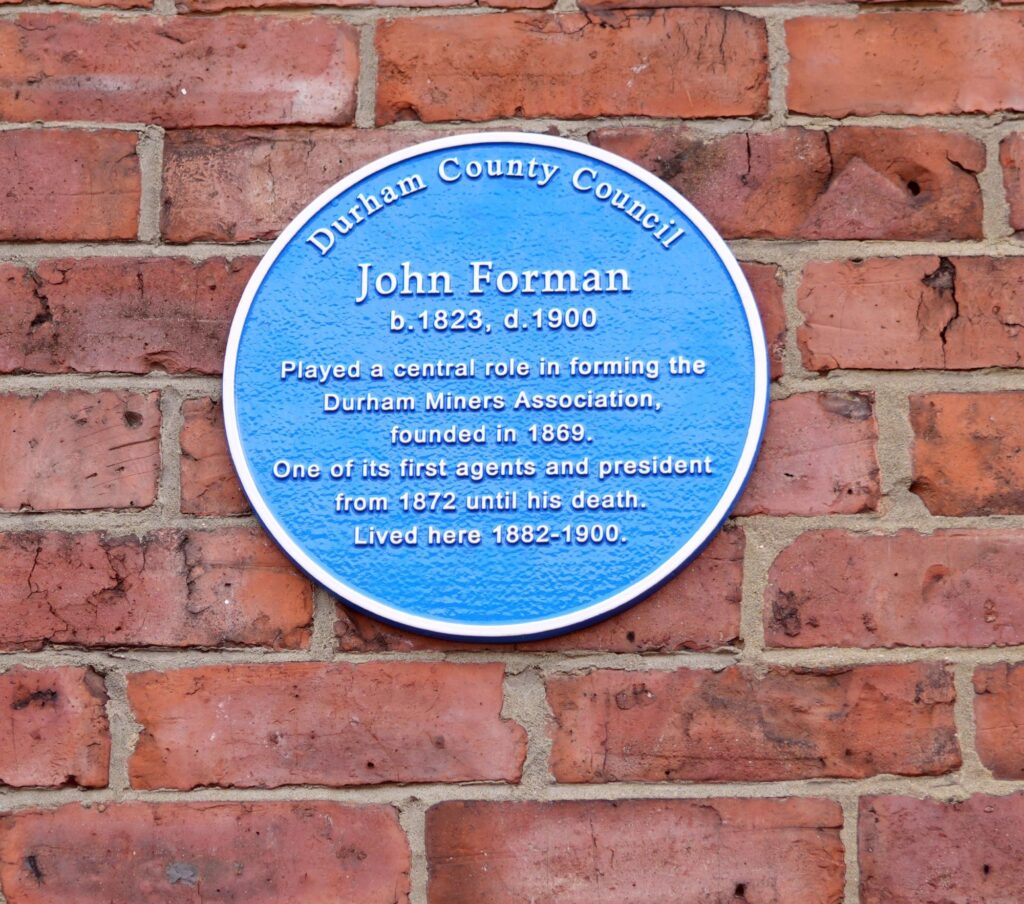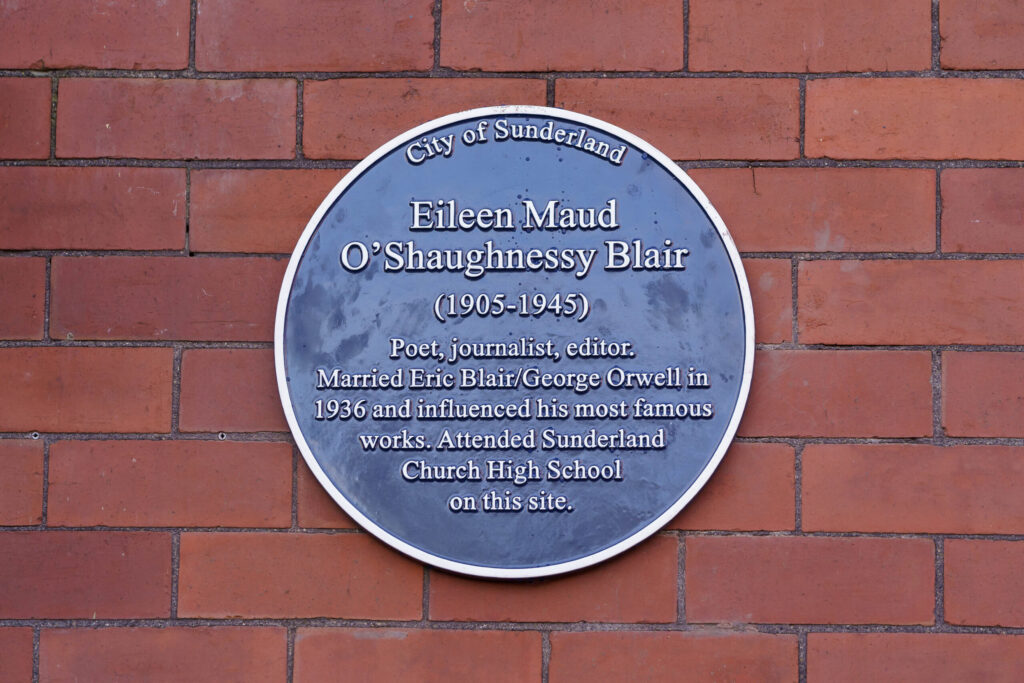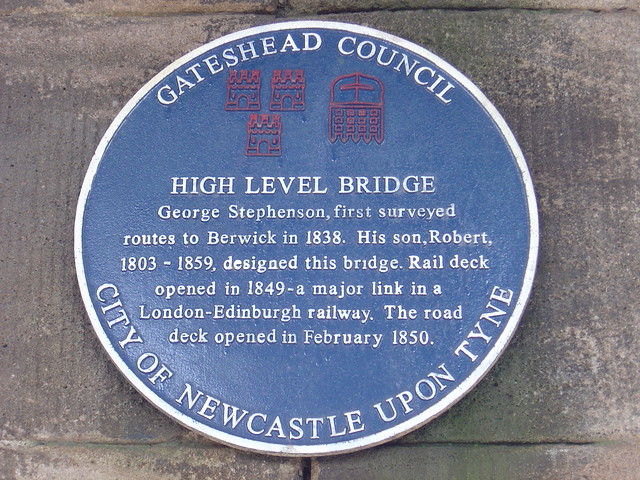
People of the North East are being urged to ensure that inspirational individuals from the region’s past do not miss out as Historic England launches a new national blue plaques scheme.
Nominations close on Sunday, July 28 for the new venture which aims to highlight the achievements of people from all walks of life throughout history.
But so far there has been a lower number of nominations from the North East, so Historic England wants to boost numbers and increase representation from what it describes as “this vibrant and important part of the country”.
Many areas have plaques schemes run by civic societies, local government bodies, history groups and voluntary associations, though not all do. The new national programme aims to complement these existing local schemes and help yet more people celebrate their heritage.
Ellen Harrison, participation and learning director of Historic England, said: “People and places are the cornerstones of communities. Our Blue Plaques scheme aims to champion this, shedding light on inspirational stories from across the country.
- Read more: Kynren all set to work its epic magic
- Read more: Cornish and Lowry share show at The Bowes
“So many people from the North East have helped to shape our collective identity but we want to hear from people about who should be commemorated with a prestigious blue plaque.
“We hope that more people throughout the North East will be galvanised to share what they know about the people and places who help to tell this region’s story.”
Tom Frater, regional director for the North East and Yorkshire of Historic England, said: “Blue Plaques are a fantastic way to celebrate the human stories that make the North East a special place. From industrial pioneers to cultural icons, we want to harness the North East’s passion for our heritage and ensure the region gets its share of this new national scheme.”
Previous local plaque recipients in the North East include sisters Ida and Louise Cook in Sunderland, who helped Jewish refugees escape Nazi Germany; politician Dr Marion Phillips also from Sunderland); African-American slavery abolitionist; author and social reformer Frederick Douglass (in Newcastle); Tommy Armstrong who was known as the “Pitman Poet” in Stanley, County Durham; and the suffragette campaigner Emily Wilding Davison from Northumberland.
Anyone in the North East can nominate individuals for a blue plaque via the Historic England website.
To be eligible, the person being nominated must:
- Have died at least 20 years ago
- Have made a significant contribution to human welfare or happiness and/or who have made an exceptional impact in their field, community or on society at large
- Have at least one building associated with them that survives from the time of their occupancy and where a plaque would be clearly visible from a public highway. Blue plaques celebrate the relationship between people and places, for example where they were born, worked, lived or died. Because of this, plaques need to be on surviving buildings where there is evidence of a meaningful connection with the person commemorated.
The full criteria can be found on the website .
In order to encourage a wide range of blue plaque nominations, Historic England has also invited groups to apply for its new Community Research Grants via their website. These grants are available for organisations working with historians or researchers who want to uncover figures from the region’s history.
Historic England hopes that this will increase in the diversity of people nominated for blue plaques and that this new research will uncover untold stories in different communities and places. Funding of up to £7,000 per project could be awarded. Applications for Community Grants also close on July 28.














